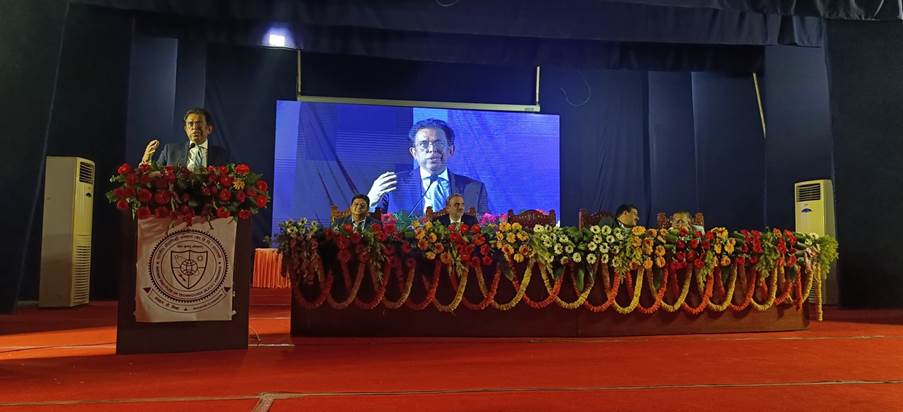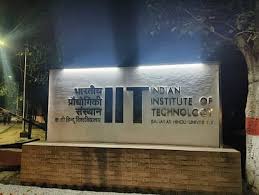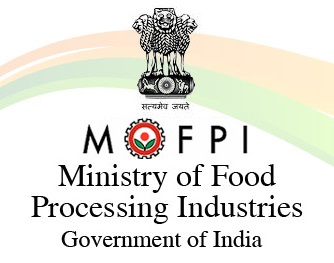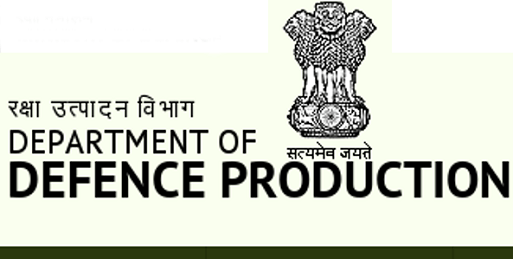The primary objective of the Dark Patterns Buster Hackathon (DPBH-2023), a Government of India initiative under the Department of Consumer Affairs, is to combat deceptive online practices known as Dark Patterns by fostering the development of innovative software solutions. These solutions not only enhance digital transparency and deliver real-time alerts to empower individuals against deceptive practices for a safer online environment but also provide the government with crucial real-time data, identifying emerging dark patterns.
IndianBureaucracy, Varanasi – The Department of Consumer Affairs, Government of India, hosted the Dark Patterns Buster Hackathon (DPBH-2023) grand finale at IIT BHU, addressing deceptive online practices. Led by Shri Rohit Kumar Singh, Secretary DoCA, the event drew 500+ students from 50 premier engineering colleges including IITs and NITs and 150 experts, highlighting a nationwide commitment to combat digital deception in collaboration with IIT (BHU) and engaging over 150 colleges and 40,000+ students nationwide.
Launched on 26th October 2023, DPBH-2023 spanned four rounds, challenging participants to design and prototype innovative app or software-based solutions capable of detecting various dark patterns on e-commerce platforms. Dark patterns are deceptive user interfaces intended to trick users into taking actions they might not otherwise perform, adversely impacting the online consumer experience.
 Secretary DoCA, Shri Rohit Kumar Singh, praised the students for their commitment and determination, lauding their solutions that surpassed the problem statement. The proposed solutions are not confined to detecting dark patterns but are poised to be game-changers in regulating other deceptive online practices, such as fake reviews, online traps, and misleading advertisements.
Secretary DoCA, Shri Rohit Kumar Singh, praised the students for their commitment and determination, lauding their solutions that surpassed the problem statement. The proposed solutions are not confined to detecting dark patterns but are poised to be game-changers in regulating other deceptive online practices, such as fake reviews, online traps, and misleading advertisements.
The Secretary emphasized the transformative power of Artificial Intelligence (AI) in mitigating dark patterns and encouraged participants to harness evolving technologies while maintaining ethical standards. He highlighted the potential impact of these solutions, not only in alerting consumers about specific dark patterns but also in providing real-time data to the government and identifying emerging dark patterns.
The DPBH-2023 projects employed diverse technologies and approaches, addressing 13 specified dark patterns identified by the Department of Consumer Affairs. Notable innovations included a browser extension utilising a 7 billion-parameter Large Language Model (LARA) for precise detection, serverless architectures for real-time analysis, modular approaches integrating text and visual analysis, and web and mobile platform solutions utilising machine learning for data analysis.
These solutions extend beyond mere consumer alerts, providing the government with valuable real-time data and identification of emerging dark patterns. The projects, with their focus on enhancing digital transparency, empowering users, and fostering a safer online environment, directly contribute to the overarching goal of the hackathon—combating dark patterns in the digital realm.
 The collaborative efforts of students, educators, and industry experts showcased in DPBH-2023 underline its significance. The hackathon not only fosters innovation but also cultivates a culture of ethical digital practices, gaining global recognition. The efforts of the students received applause in a webinar organised by the United Nations Conference on Trade and Development (UNCTAD) on “AI and Dark Patterns.”
The collaborative efforts of students, educators, and industry experts showcased in DPBH-2023 underline its significance. The hackathon not only fosters innovation but also cultivates a culture of ethical digital practices, gaining global recognition. The efforts of the students received applause in a webinar organised by the United Nations Conference on Trade and Development (UNCTAD) on “AI and Dark Patterns.”
The awards ceremony and the distribution of cash prizes are scheduled for 15th March 2024, on World Consumer Rights Day. The event’s conclusion will mark a celebration of the participants’ achievements and further the cause of consumer rights in the evolving digital landscape.
Dignitaries who addressed the event included Professor MK Meshram of IIT(BHU)’s Electronics Engineering Department, Professor Vikas Kumar Dubey, Dean of R&D at IIT(BHU), Shri Anupam Mishra, Joint Secretary in the Department of Consumer Affairs, and Dr. NS Rajput, the convener of DPBH-2023 and Associate Professor in Electronics Engineering, IIT(BHU).





